Contents
Guide
Pagebreaks Of The Print Version
Upon Her Shoulders
Southeastern Native Women
Share Their Stories of
Justice, Spirit, and Community
MARY ANN JACOBS
CHERRY MAYNOR BEASLEY
ULRIKE WIETHAUS
EDITORS
BLAIR
Copyright 2022 by Mary Ann Jacobs, Cherry Maynor Beasley, and Ulrike Wiethaus All rights reserved
Printed in the United States of America Cover design by Callie Riek. Cover art by Jessica Clark, Lumbee, Lumbee Pinecone II. Interior design by April Leidig.
Blair is an imprint of Carolina Wren Press.
 The mission of Blair/Carolina Wren Press is to seek out, nurture, and promote literary work by new and historically neglected writers.
The mission of Blair/Carolina Wren Press is to seek out, nurture, and promote literary work by new and historically neglected writers.
 We gratefully acknowledge the ongoing support of general operations by the Durham Arts Councils United Arts Fund and the North Carolina Arts Council.
We gratefully acknowledge the ongoing support of general operations by the Durham Arts Councils United Arts Fund and the North Carolina Arts Council.
All rights reserved. No part of this publication may be reproduced, stored in a retrieval system, or transmitted in any form or by any means, electronic, mechanical, photocopying, recording, or otherwise without the prior permission of the copyright owner.
Library of Congress Cataloging-in-Publication Data
Names: Jacobs, Mary Ann, editor. | Beasley, Cherry Maynor, 1951 editor. | Wiethaus, Ulrike, editor. | Titla, Mary Kim, writer of foreword.
Title: Upon her shoulders : Southeastern Native women share their stories of justice, spirit, and community / Mary Ann Jacobs, Cherry Maynor Beasley, and Ulrike Wiethaus, editors.
Description: [Durham, North Carolina] : Blair, [2022] | Includes bibliographical references.
Identifiers: LCCN 2022003108 (print) | LCCN 2022003109 (ebook) | ISBN 9781949467802 (paperback) | ISBN 9781949467819 (ebook)
Subjects: LCSH: Indian womenSouthern StatesBiography. | IndianwomenSouthern StatesSocial conditions21st century. | American literatureWomen authors. | American literatureIndian authors. | Literature, Modern 21st century. | Poetry, Modern21st century. | LCGFT: Autobiographies. | Poetry.
Classification: LCC PS508.I5 U66 2022 (print) | LCC PS508.I5 (ebook) | DDC 810.8/0928708997075 [B]dc23/eng/20220314
LC record available at https://lccn.loc.gov/2022003108
LC ebook record available at https://lccn.loc.gov/2022003109
This volume is dedicated to Ms. Rosa Winfree,
Ms. Ruth Revels, and Ms. Barbara Locklear
who carried the hope that started it all.
Contents
Foreword
MARY KIM TITLA
Imagine spending twenty years as a TV news reporter. That was methe first Native American to do so in the Grand Canyon state. I would often reference myself as a modern-day Apache storyteller. It was a source of pride to come from a lineage of storytellers. My grandparents and my parents were and are wonderful storytellers. I recall as a child sitting next to a campfire on the San Carlos Apache Reservation listening to my grandma Gussie telling stories about her childhood and my father Phillip telling stories about Coyote, the trickster. Growing up poor, we did not have electricity for a big part of my childhood, and thus no television, so storytelling time is a cherished memory. The downside? I procrastinated as an adult telling myself, One day I will video record my grandmother while shes still alive. Unfortunately, I never did, and I regret it to this day.
The compilation of life stories and poetry in this book is simply superb and serves as a model to generations of women who wished they had captured the stories, perspectives, and folklore of generations past. The inclusion of writings from both elders and young women helps bring balance to life perspectives and validate that while the writers may be generations apart, their words of love for their people, their families, and their lifeways are harmonious.
Reading the contributions of these amazing writers recalled the commonalities among Native women across the U.S. I can speak to this because I am now a grandmother and I have had the privilege of traveling to many tribal communities where I have witnessed this to be true. Historically, Native women are cherished figures who not only held leadership roles, they also played major roles in the family and in their villages as providers, educators, counselors, advocates, visionaries, and spiritual leaders. The Lumbee tribal community certainly has its treasury of women trailblazers.
One of those women is a longtime beloved educator and esteemed community leader, Rosa Winfree. In July of 1981, at her invitation, I traveled to Pembroke, North Carolina, to attend the Lumbee Homecoming. That year I carried the title of Miss National Congress of American Indians (NCAI), which allowed me to serve as a national ambassador for American Indian tribes for a one-year period. It was my first time traveling to North Carolina, let alone to the Lumbee tribal community. I knew very little about the Lumbee people or the land they called home. While there, and this is something I will never forget, Ms. Rosa and her husband, Frank, took me on a grand tour of the area. Ms. Rosa proudly pointed out and explained significant and historical tribal sites.
I learned a lot that day about the resiliency of the Lumbee people and specifically Lumbee women. Like most tribal people, they are deeply connected spiritually and culturally to the land and its elements. The Lumbee Tribe takes pride in its origin, history, and lifeways. Hunting and farming are at the heart of their survival story. One stop I will always remember was at a tobacco farm, mainly because I had never seen one, or a tobacco plant for that matter. I thought it so significant. I asked if I could take a tobacco leaf home with me. I pressed it into a book and kept it as a keepsake for many years.
Another memory is my first taste of delicious southern food. Lumbee women can surely cook up any southern dish with their own cultural ingredients. During Lumbee Homecoming, delicious southern food is everywhere you turn. I discovered my love for grits, barbecued pork, and sweet tea, although I had to dilute the tea a bit. While the land, with its beautiful pine trees, the tasty southern food, and the lush tobacco farms left a wonderful impression on me, it was the heartfelt hospitality of the Lumbee people and the loving embrace of the Winfree family that I will remember most.
Reading the poems and stories in this book allows readers to travel back and forth in time, to the cherished childhood days of the elders and to the modern-day experiences of Lumbee youth. I am especially grateful for the insights provided by Rosa Winfree, who remained a dear friend and served as one of my mentors after my first trip to North Carolina.
I will end with a unique story about my grandma Gussie. While I did not video record her life story, my father was able to capture on paper a special encounter she had as a child. One day a young bear cub visited Gussies family encampment. When she saw the bear cub, she thought it was a dog, as she had never seen a bear. She was not afraid of the bear cub, and it did not seem too afraid of her. When her family saw her playing with the bear cub, they screamed at her to get away, fearing mother bear might be nearby. The cub ran away. Weeks went by, and to Gussies delight, the bear cub appeared once again. With glee, and without anyone noticing, she left to play with the little bear. This happened more than once. When winter hit, the visits abruptly ended. Gussie and her family also moved away. She never saw her friend the bear again. My grandmother had long beautiful hair, which did not gray very much when she became an old woman. The bear is considered a sacred animal to the Apache people. Many believe the bear blessed her with a long life and dark hair. Cherish all who bless you with their stories.


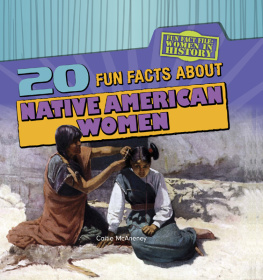
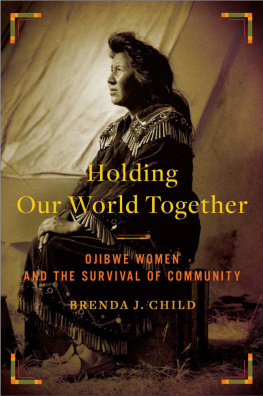
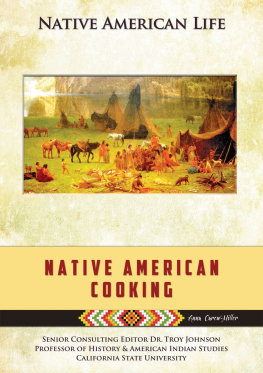
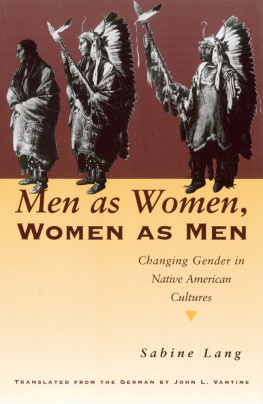
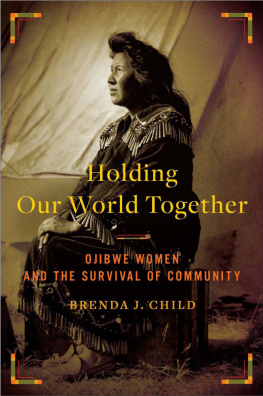
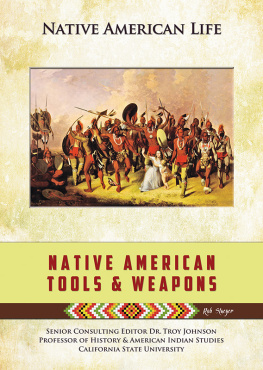
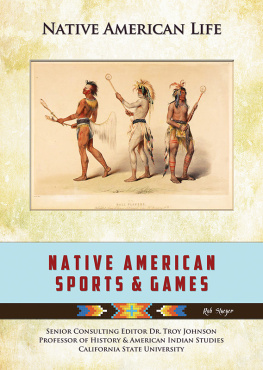
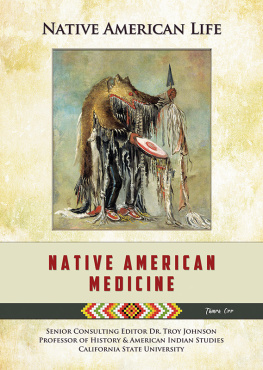
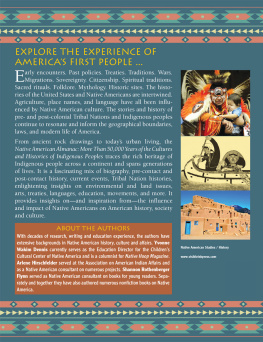
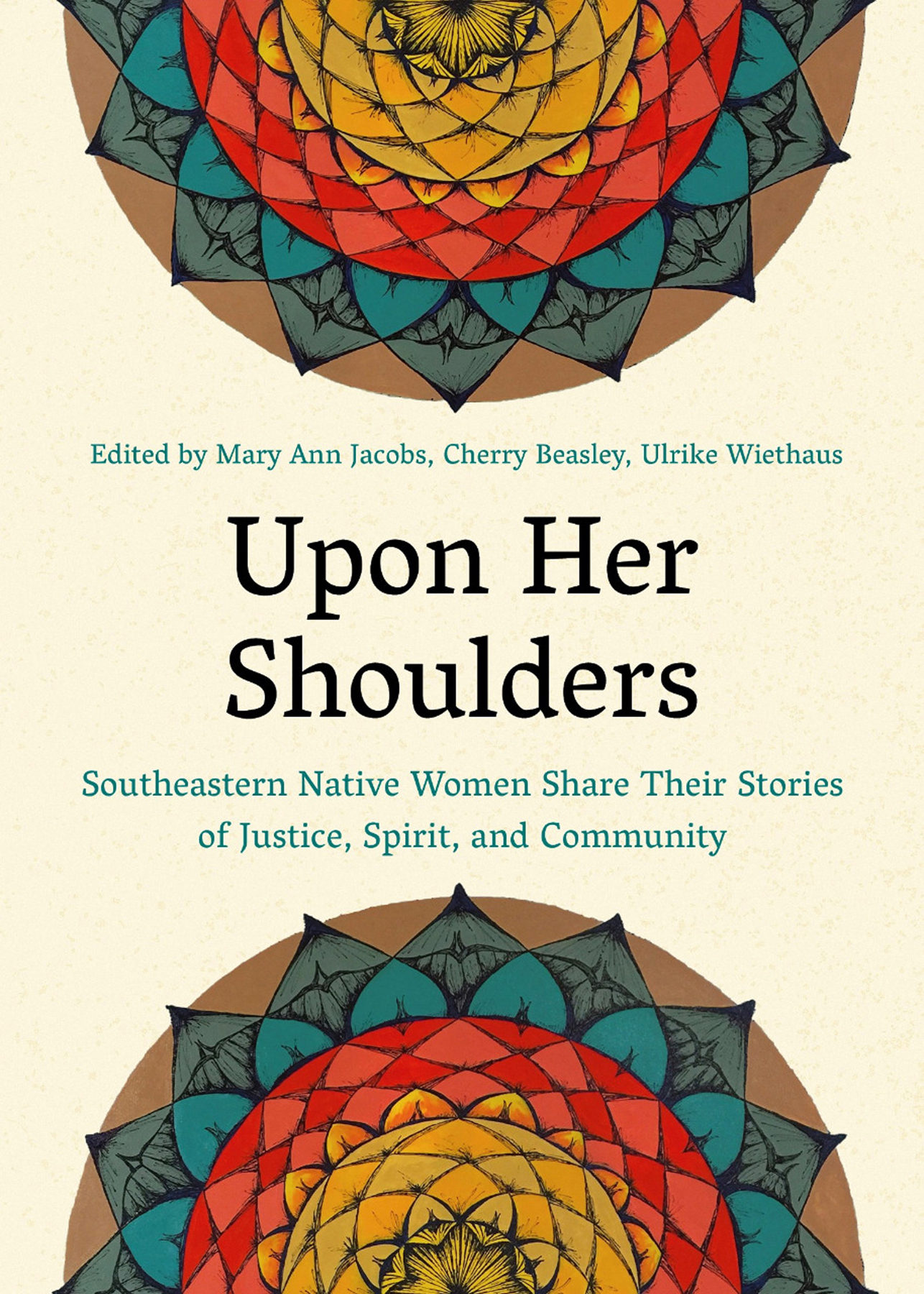
 The mission of Blair/Carolina Wren Press is to seek out, nurture, and promote literary work by new and historically neglected writers.
The mission of Blair/Carolina Wren Press is to seek out, nurture, and promote literary work by new and historically neglected writers. We gratefully acknowledge the ongoing support of general operations by the Durham Arts Councils United Arts Fund and the North Carolina Arts Council.
We gratefully acknowledge the ongoing support of general operations by the Durham Arts Councils United Arts Fund and the North Carolina Arts Council.